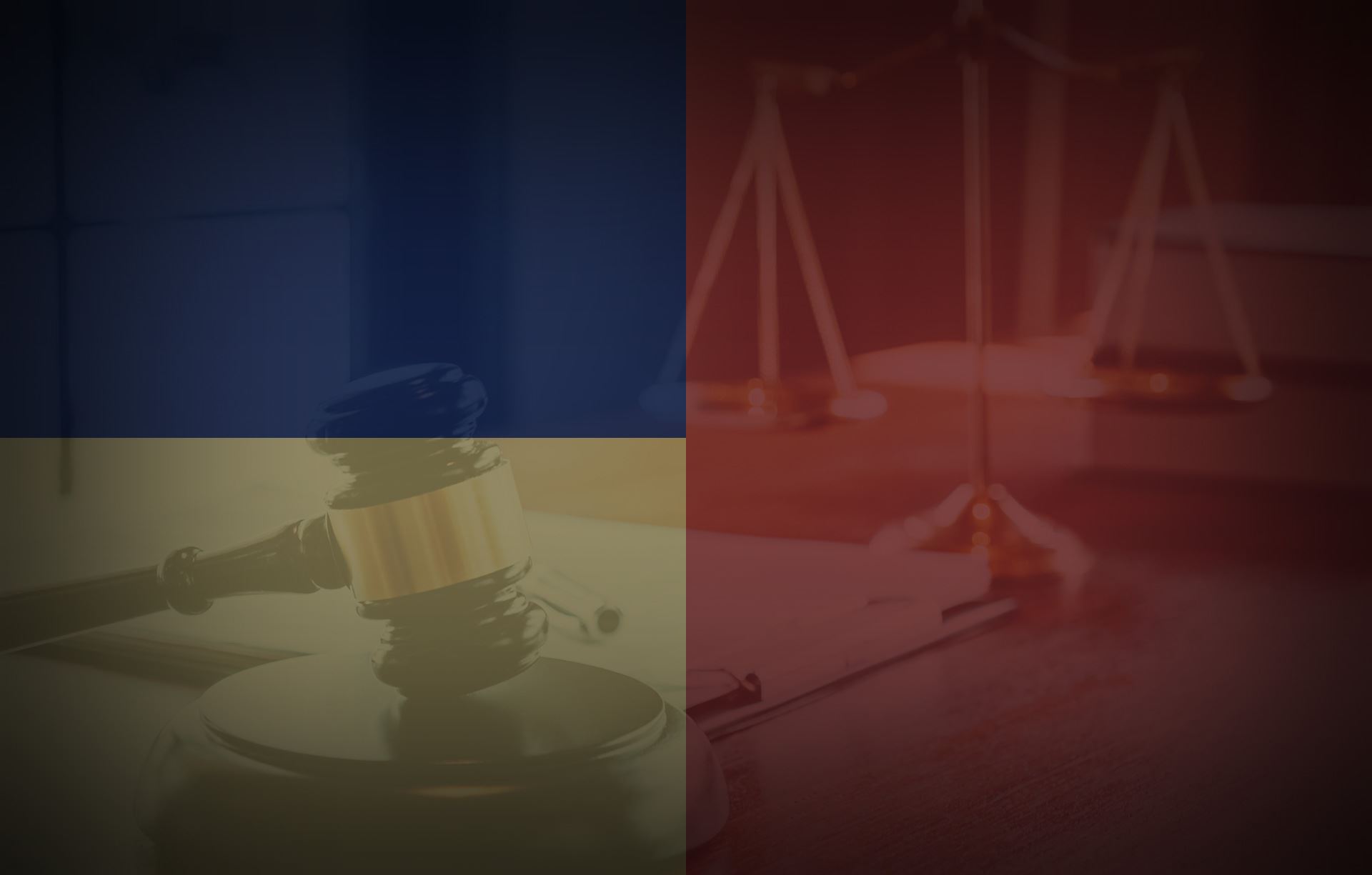
Felony Defense Lawyer in Newport News & Hampton Roads
Safeguard Your Rights, Freedoms & Liberties Today
Our law firm represents clients throughout Hampton Roads and Coastal Virginia and the Commonwealth of Virginia in both state and federal courts. Larry King is a former state prosecutor who is dedicated to fight for fairness and justice for all his clients. He will fight hard to protect your freedom, liberties, and good name. A felony includes major crimes that can result in prolonged incarceration or the imposition of the death penalty. There are literally thousands of state and federal laws that can result in one being jailed from a year to life, and the imposition of significant fines, cost, and the loss of important legal rights. When your life, liberty, freedom, civil rights, and your good name are at risk, doesn't it make since to get the best criminal defense lawyer you can afford.
As a Newport News criminal defense lawyer, Larry King offers:
- Over 50 Years Of Tested Trial Experience
- Over 10,000 Cases
- Free Initial Consultation
- Know Your Rights, Learn Your Options
- Former State Prosecutor
- Available 24/7 Every Day Of The Year
- Knowledge, Experience, Commitment, and Skill
- All Virginia Courts
- All Hampton Roads Courts In Southeast Virginia
- National Trial Lawyers Top 100 Trial Lawyers Virginia
- Call Now 1-888-700-4151 or 757-209-2265
Understanding Felonies in Virginia
The following are ranges of possible punishments for conviction of the specified types of felonies:
(a) For Class 1 felonies, death, if the person so convicted was 18 years of age or older at the time of the offense and is not determined to be mentally retarded pursuant to § 19.2-264.3:1.1, or imprisonment for life and, subject to subdivision (g), a fine of not more than $100,000. If the person was under 18 years of age at the time of the offense or is determined to be mentally retarded pursuant to § 19.2-264.3:1.1, the punishment shall be imprisonment for life and, subject to subdivision (g), a fine of not more than $100,000.
(b) For Class 2 felonies, imprisonment for life or for any term not less than 20 years and, subject to subdivision (g), a fine of not more than $100,000.
(c) For Class 3 felonies, a term of imprisonment of not less than five years nor more than 20 years and, subject to subdivision (g), a fine of not more than $100,000.
(d) For Class 4 felonies, a term of imprisonment of not less than two years nor more than 10 years and, subject to subdivision (g), a fine of not more than $100,000.
(e) For Class 5 felonies, a term of imprisonment of not less than one year nor more than 10 years, or in the discretion of the jury or the court trying the case without a jury, confinement in jail for not more than 12 months and a fine of not more than $2,500, either or both.
(f) For Class 6 felonies, a term of imprisonment of not less than one year nor more than five years, or in the discretion of the jury or the court trying the case without a jury, confinement in jail for not more than 12 months and a fine of not more than $2,500, either or both.
(g) Except as specifically authorized in subdivision (e) or (f), or in Class 1 felonies for which a sentence of death is imposed, the court shall impose either a sentence of imprisonment together with a fine, or imprisonment only. However, if the defendant is not a natural person, the court shall impose only a fine.
For any felony offense committed (i) on or after January 1, 1995, the court may, and (ii) on or after July 1, 2000, shall, except in cases in which the court orders a suspended term of confinement of at least six months, impose an additional term of not less than six months nor more than three years, which shall be suspended conditioned upon successful completion of a period of post-release supervision pursuant to § 19.2-295.2 and compliance with such other terms as the sentencing court may require. However, such additional term may only be imposed when the sentence includes an active term of incarceration in a correctional facility.
For a felony offense prohibiting proximity to children as described in subsection A of § 18.2-370.2, the sentencing court is authorized to impose the punishment set forth in that section in addition to any other penalty provided by law.
If you have a felony matter, don't hesitate to contact our firm today to get started.

Hear From Our Clients
At Larry King Law, your satisfaction is our priority! See for yourself what our clients have to say about working with us.
-
"Knowledgeable, Experienced and Committed Trial Lawyers"
The process of choosing the right criminal defense lawyer(s) can be daunting, scary, and frustrating. Choosing wrong can not ...
- Delmas Linhart -
"They Fight For Their Clients!"
Mr. King, his associates and paralegals helped me through a very difficult time in my life. I was in a car accident with my 2 ...
- Rachael -
"Great experience!!"
I was confused and embarrassed to admit I needed help but, this was a painless ordeal and I was treated with respect and unde ...
- Stacy kahler -
"Consummate Professional"
As a police supervisor, I have known Larry King professionally for over 30 years. During that time I have always found him to ...
- Lieutenant J. W. Boswell, NNPD, Retired
-
 The Power of ExperienceCharged with a crime? Put the right attorney in your corner. We fight for the accused.
The Power of ExperienceCharged with a crime? Put the right attorney in your corner. We fight for the accused. -
 The Right LawyerWe know how to defend our clients against criminal accusations. Let us help today!
The Right LawyerWe know how to defend our clients against criminal accusations. Let us help today! -
 Get Help TodayGet a smart, skilled fighter on your side. Free consultations are available.
Get Help TodayGet a smart, skilled fighter on your side. Free consultations are available.



















